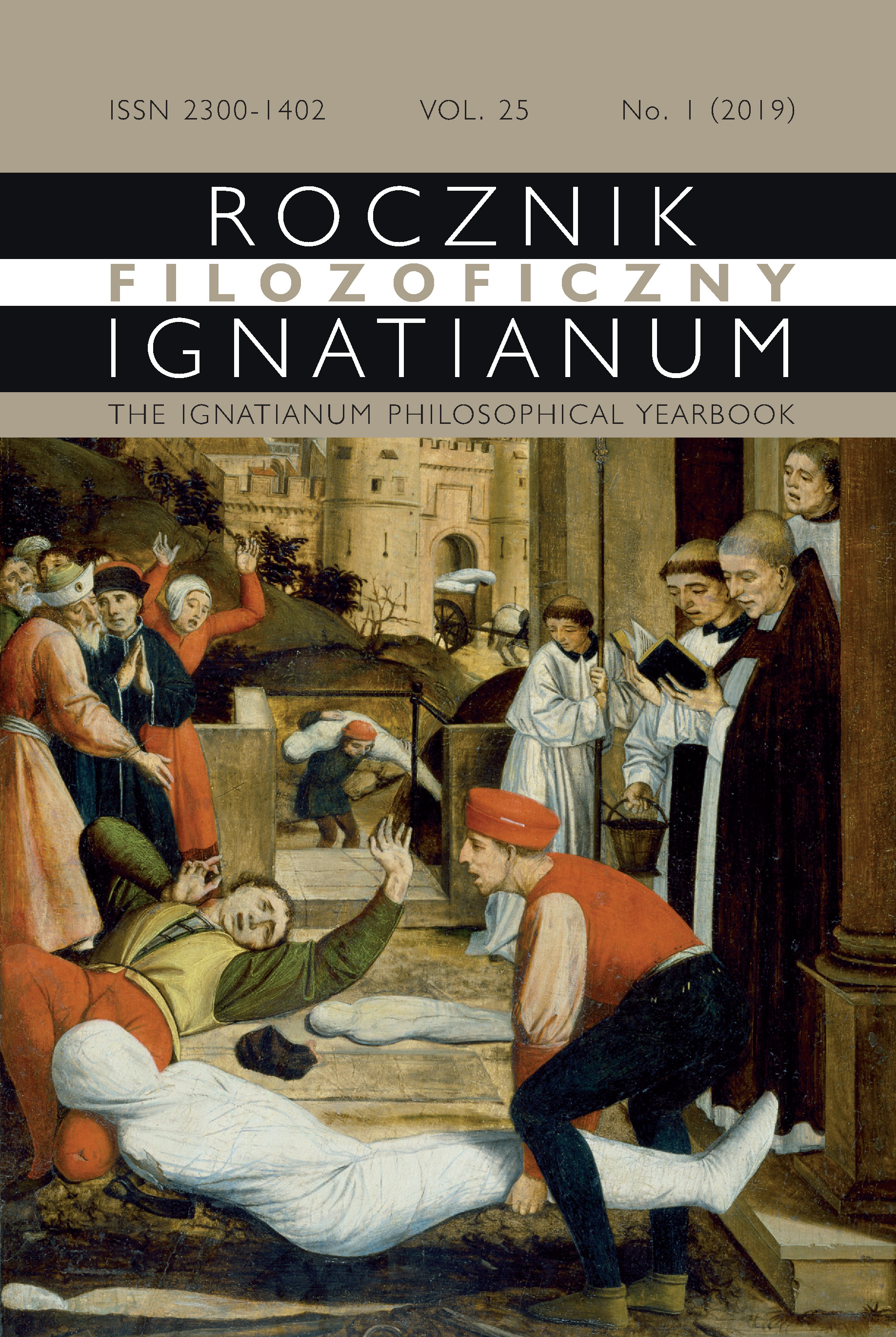Spór pomiędzy Kościołem a państwem o katolicki charakter szkoły polskiej(1926–1939)
Dispute Between the Church and the State about the Catholic Character of the Polish School (1926–1939)
Author(s): Jan SzczepaniakSubject(s): History, Recent History (1900 till today), Interwar Period (1920 - 1939)
Published by: Uniwersytet Ignatianum w Krakowie
Keywords: state education; religious education in the Second Polish Republic; April Constitution (1935); Catholic Church in the Second Polish Republic
Summary/Abstract: The vision of cooperation between the Catholic Church and the state authorities was firmly established in the consciousness of the Polish society in the interwar period. In the collective memory there is no recollection of sharp disputes between the Church and the political and social activists about the scope of recognition of Catholic principles as the basis for lawmaking. Before 1926, the government officials were not directly involved in the disputes. This changed after the May Coup, which is discussed in the text. The source basis is constituted exclusively by documents produced by the state and Church offices and institutions regarding the presence of religious education and teaching in schools. Of particular cognitive value are the state documents and drafts of legal documents, memoranda of the Polish Episcopate and correspondence between state authorities (the Ministry of Religions and Public Education in Warsaw, the school superintendents and inspectorates) and the School Committee of the Polish Episcopate and the ordinary bishops of individual dioceses. Programs published by educators and education officials associated with the ruling politicians are also an important element for learning about the views of state officials on the place of religion in the Polish school system. Apart from propaganda works written by communist educators, there is virtually no literature on these issues. Consequently, this text is a source dissertation. Thus, according to a principle accepted in the humanities, it uses the methods of analysis and synthesis. Even a cursory review of the documentation on state-church relations in matters of education and upbringing reveals the change in their character after the May Coup. Without destroying the legal order adopted in Poland, those in power and the officials subordinate to them, through a series of minor changes, tried to subordinate the Church to the state, hoping that it would become a tool for building a new citizen — the subject of the state. The sharpness of the sharpness of disputes was particularly evident in the matters of teaching and education during the 1932 school reform and the enactment of the new constitution in 1935.
Journal: Rocznik Filozoficzny Ignatianum
- Issue Year: 25/2019
- Issue No: 1
- Page Range: 115-134
- Page Count: 20
- Language: Polish

